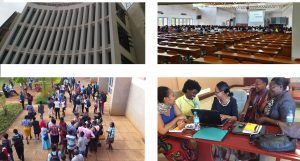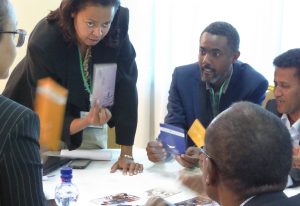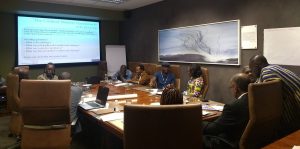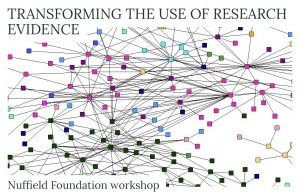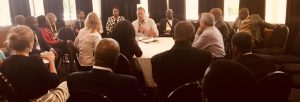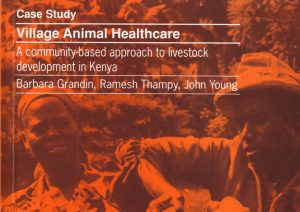The Context Matters Framework is a lens through which to examine the internal and external context in which an organization is working, identify the main factors affecting evidence use, and provide a way to systematically identify how they manifest in any given agency. It considers interrelated areas to help navigate complexity, so that one can better understand the organization, the blockages and opportunities for positive change towards evidence use. This post highlights some of the advantages of the Framework, and areas for improvement, from the perspective of a worldwide range of policymakers, researchers and other practitioners.

